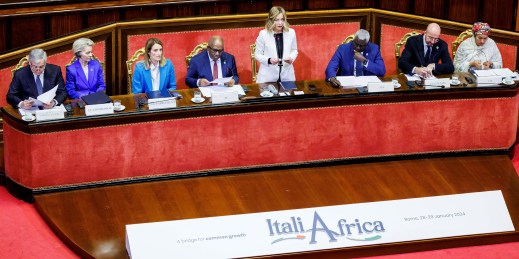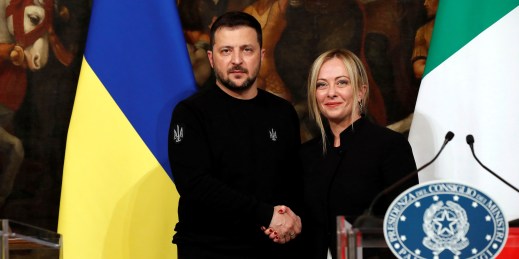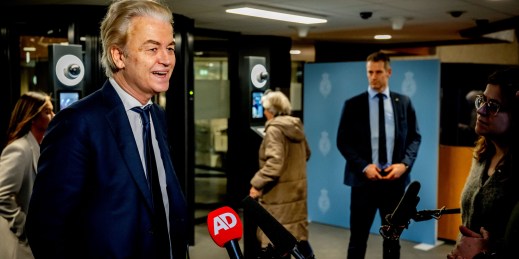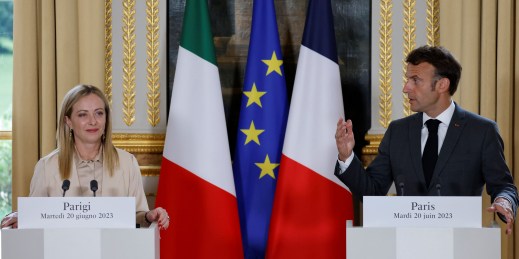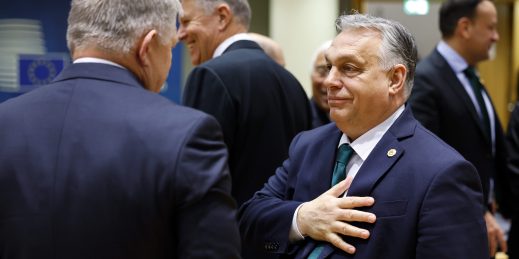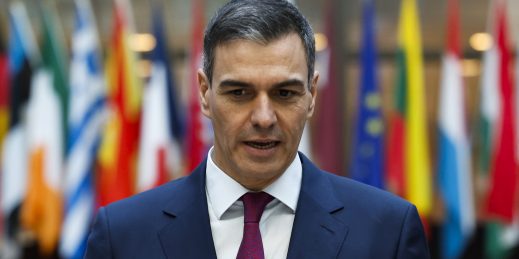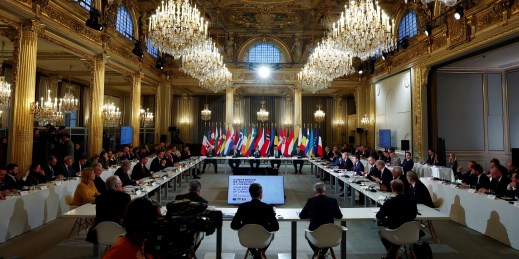
Recent developments in the U.S. have reinvigorated the debate over Europe’s ability to defend itself. Now, after having relied for decades on U.S. support while collectively free-riding on U.S. capabilities, Europeans will have to shoulder a much more significant burden in European security themselves in the foreseeable future.

